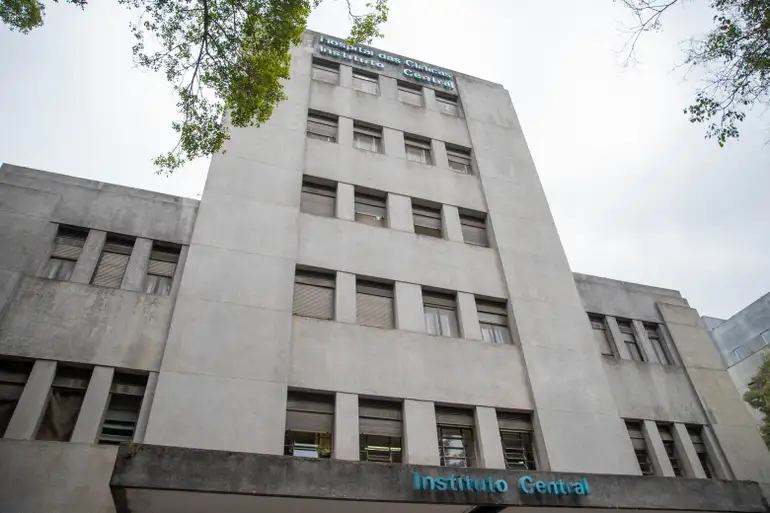The Ministry of Health announced, this Wednesday (19), a cooperation agreement with USP for the construction of the first smart hospital in the Unified Health System (SUS). The measure also formalizes the partnership with the state of São Paulo, which will transfer the land.
The Ministry of Health completed the final stages of the investment request with the BRICS Bank to make the project viable, in the order of R$1.7 billion. In an exclusive interview with Tarde Bandnews with Paula Valdez, the Minister of Health, Alexandre Padilha, promised modernization of the health system.
“It’s a new technological era for the SUS. We’re going to bring the most advanced technology here to Brazil, use of artificial intelligence, connection between the hospital and care outside the hospital, integration of data here for the Brazilian SUS.”
The ministry also promises to implement a national network of high-precision health services, which includes 14 ICUs in the five regions of the country and the modernization of excellent units in Rio de Janeiro and the Federal District.
The 14 smart ICUs will work in an interconnected manner in hospitals selected by the Ministry of Health together with managers from thirteen states in the country, in the cities of Manaus (AM), Dourados (MS), Belém (PA), Teresina (PI), Fortaleza (CE), Recife (PE), Salvador (BA), Belo Horizonte (MG), Rio de Janeiro (RJ), São Paulo (SP), Curitiba (PR), Porto Alegre (RS) and Brasília (DF).
These will be digital services, with continuous monitoring, integration between equipment and information systems.
“We are already investing around R$1.1 billion in the restructuring of federal hospitals that already existed in Rio de Janeiro with direct resources from the Ministry of Health and another R$260 million in the new Unifesp hospital. We are also building, through a public-private partnership, a new hospital from Grupo Hospitalar Conceição in Porto Alegre, which will also be adapted to this model. This will constitute a large national network to take care of people with this knowledge and technological equipment”, detailed the minister.
In March this year, Padilha presented the proposal for the implementation of the national smart services network with the BRICS Bank. In July, the demand was announced by the institution’s president, Dilma Rousseff.
In October, during an official agenda in China, Padilha signed technological cooperation agreements with Chinese institutions and now believes that investments in modernization can generate technology transfer and new jobs.
“Our bet is to create a technological environment of attraction. Our conversations with Chinese and Indian companies, both in medical equipment, information systems, connection and technology transfer. In other words, companies will come here, to associate with Brazilian companies, generating jobs, income, technology and knowledge here in Brazil”, said the minister.
In São Paulo, the expectation with the construction of the Emergency Technological Institute at Hospital das Clínicas is to benefit around 20 thousand patients per year. The hospital will have 800 beds, 250 emergency beds, 350 ICU beds and 200 infirmary beds, in addition to 25 operating rooms.
The structure was planned to allow telemedicine services, 5G ambulances with real-time monitoring of patients’ vital signs and robotic surgeries and precision medicine.
Alexandre Padilha has already established deadlines for the execution of the projects.
“What are resources from the Ministry of Health, we are already starting to do with this announcement. To give you an idea, in Rio de Janeiro we are restructuring federal hospitals. The ICUs are hospitals that already exist, we will equip and modernize them throughout the next year. In 2026, the expectation is that we will already be consolidating these 14 ICU units.
The expectation for the hospital in the HC hospital complex is that in the first quarter of next year, we will have the financing request approved. With that, we begin the actions”, he concluded.

